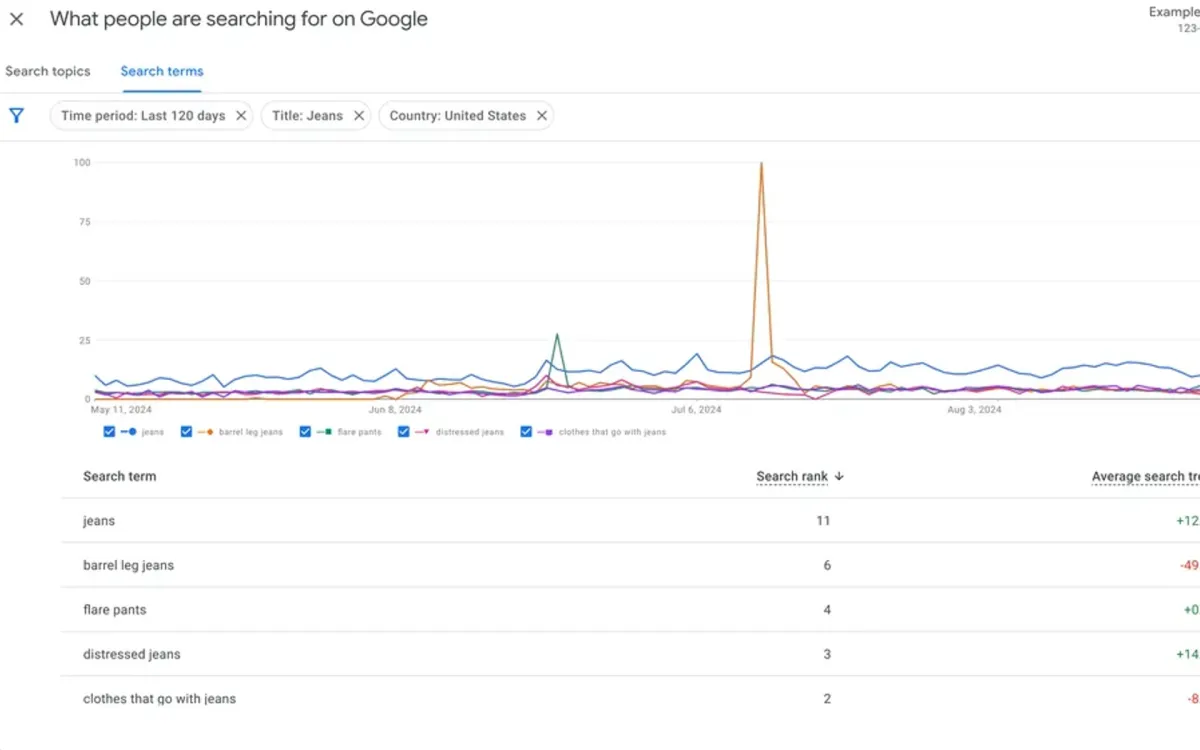
Google today announced a suite of new AI-powered tools and features designed to help retailers navigate the upcoming holiday shopping season and beyond. The announcement, made during Google's annual Think Retail event, comes as the company acknowledges a shift in holiday shopping patterns, with the traditional focus on Black Friday and Cyber Monday expanding to encompass a broader timeframe.
According to data shared by Google, in 2023 there were eight days in December that saw higher spending than Cyber Monday. This trend underscores the need for retailers to be prepared for multiple peak shopping days throughout the holiday season. Furthermore, Google reports that 34% of shoppers had already started their holiday shopping in July 2024, up from 27% the previous year.
Jyotika Prasad, Senior Director of Retail Ads at Google, emphasized the importance of adapting to these evolving consumer behaviors. "The holiday season has evolved. It's no longer just about Black Friday or Cyber Monday," Prasad stated. To address this shift, Google is introducing several new features across its advertising and merchant platforms.
One of the key additions is a new product page in Google Ads, which offers category-level insights on performance, demand trends, and actionable recommendations to help drive additional clicks and sales. This feature aims to provide retailers with more granular data to inform their marketing strategies.
Google is also introducing new customer acquisition goals in Performance Max and Search campaigns, designed to help retailers attract new customers during peak periods. Additionally, the company is testing profit goal optimization in Performance Max and Standard Shopping campaigns. According to Google, customers using gross profit optimization in smart bidding have seen an average 15% increase in campaign profit compared to revenue-only bidding optimizations.
In the Google Merchant Center, retailers will now have access to generated insights and reports. These AI-powered features provide clear summaries and tailored recommendations on product assortment and performance. Retailers can use natural language prompts to create customized reports and explore popular search terms and topics relevant to their product inventory.
To help retailers create more engaging content, Google is expanding its Product Studio capabilities. Starting in September, merchants will be able to generate videos based on their product images directly within their Merchant Center account or the Google & YouTube app on Shopify. The AI-powered tool customizes videos to match brand aesthetics, adjusts images, and even writes scripts highlighting product features.
Google is also introducing new features to its Performance Max campaigns. These include URL contains rules for expanded targeting and improved brand exclusions that can be customized at the format level for either Search or Shopping ads within Performance Max campaigns.
For retailers with physical stores, Google has introduced an automated onboarding process for local inventory ads. This feature syncs in-store availability from a retailer's website with their Merchant Center account, streamlining the process of showing local product availability in shopping ads.
The company is also rolling out loyalty promotions to help retailers attract and retain valuable customers. This feature allows for member pricing annotations and tailored bidding strategies to showcase exclusive discounts and incentivize loyalty.
In the realm of retail media, Google has expanded its Offsite Retail Media in Search Ads 360. This empowers brand suppliers to leverage retailers' first-party data to reach more shoppers and drive them back to the retailer's site to purchase. Major retailers such as Albertsons and Best Buy have joined Lowe's in the beta program for this feature.
Google is recommending that retailers combine AI-powered Search campaigns (using broad match) with Performance Max campaigns to drive sales across all Google channels at the strongest ROI, a strategy they refer to as the "Ads Power Pair."
For app-based retailers, Google has introduced Web to App Connect and promotion assets for App campaigns. Web to App Connect has shown an average increase of 21% in web ROI for advertisers after increasing their App campaign for install spend.
To help retailers adapt to mid-season changes in consumer behavior, Google is emphasizing the use of its AI-powered recommendations. These include suggestions to remove budget caps during unexpected demand spikes and apply seasonality adjustments for short-term sales events.
The company has also introduced a Store Quality scorecard in the Merchant Center, allowing retailers to compare their performance in areas such as delivery, shipping costs, returns, and seller ratings against others in their category.
Key facts about Google's new retail tools and features:
- Announced on August 27, 2024, during Google's annual Think Retail event
- New product page in Google Ads offering category-level insights
- Introduction of customer acquisition goals in Performance Max and Search campaigns
- Testing of profit goal optimization in Performance Max and Standard Shopping campaigns
- Generated insights and reports in Google Merchant Center
- Expansion of Product Studio to include video generation capabilities
- New features in Performance Max campaigns, including URL contains rules and improved brand exclusions
- Automated onboarding process for local inventory ads
- Introduction of loyalty promotions feature
- Expansion of Offsite Retail Media in Search Ads 360
- Launch of Web to App Connect and promotion assets for App campaigns
- Enhanced AI-powered recommendations for mid-season adjustments
- Introduction of Store Quality scorecard in Merchant Center

